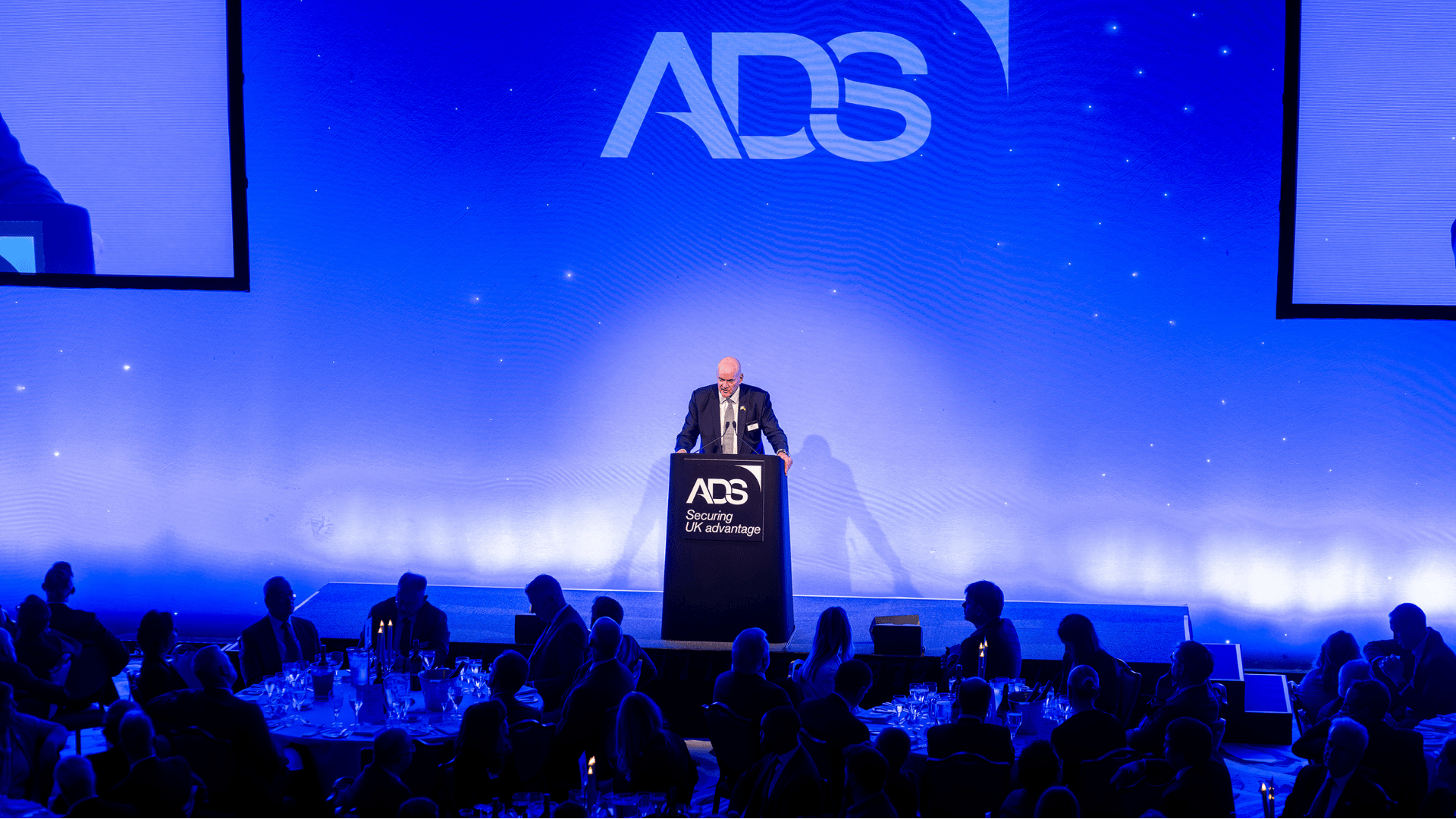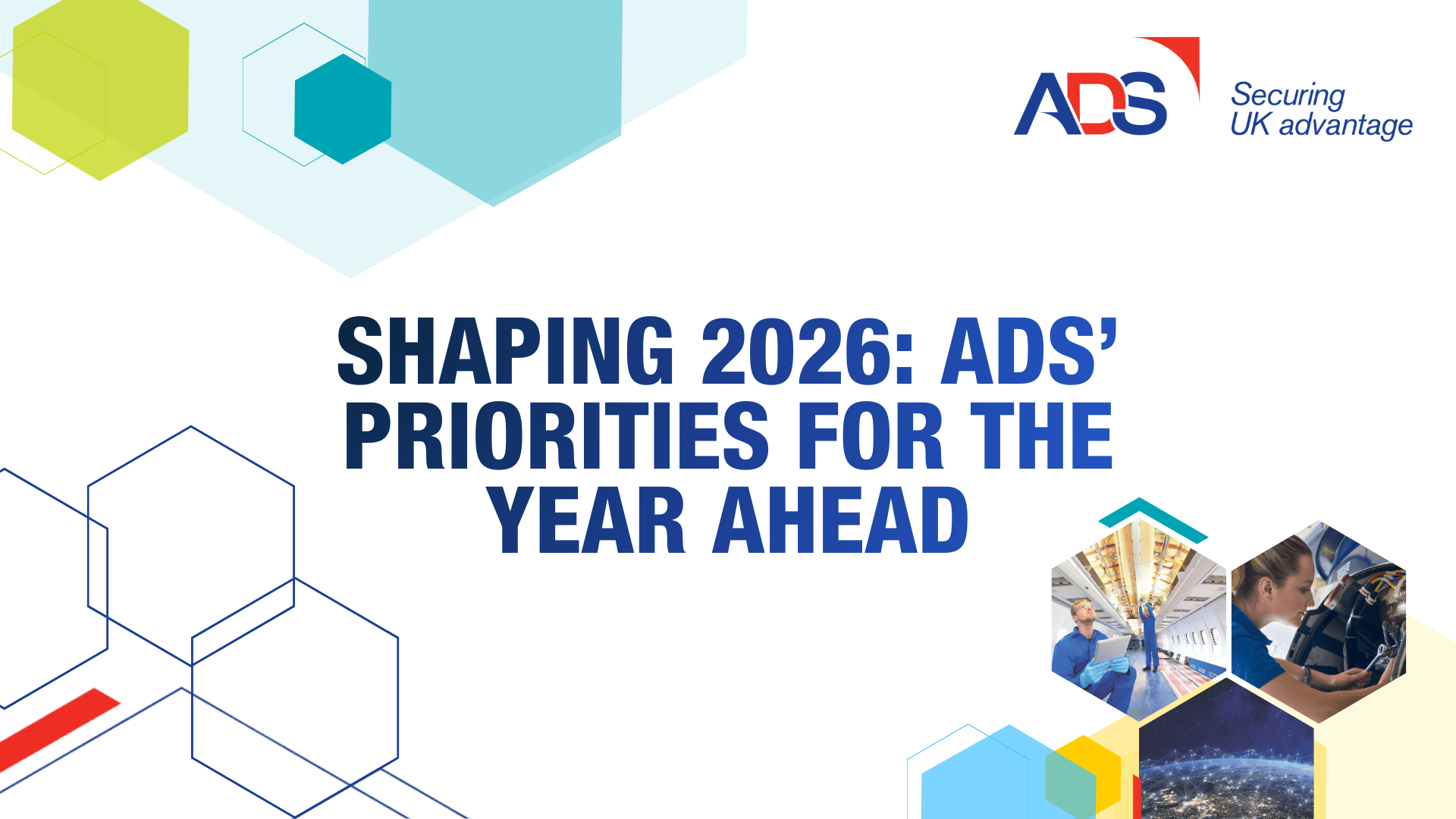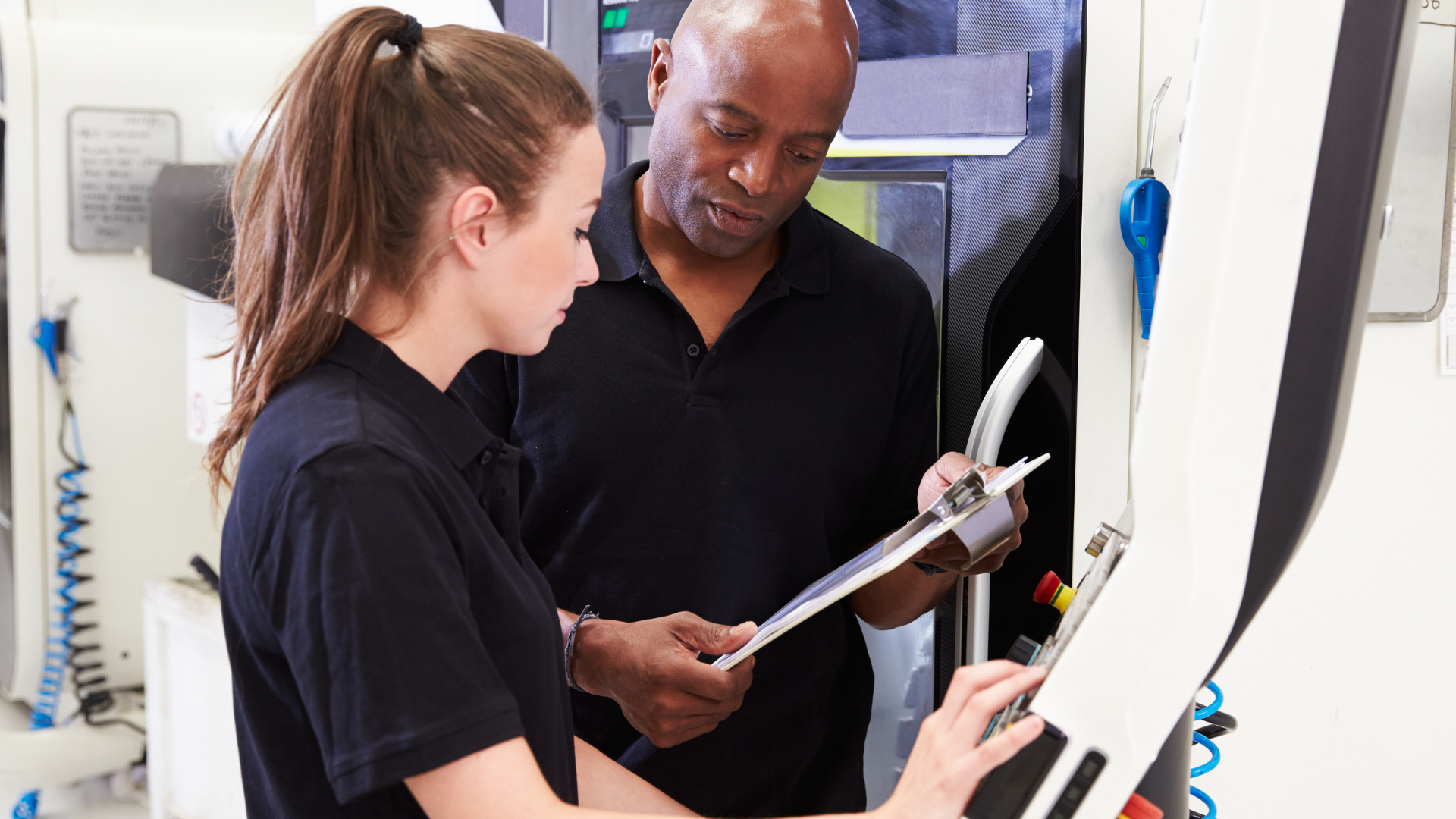
This week the UK Government launched their Border Operating Model which lays out the intention for how the United Kingdom will operate a full, external border when the transition period ends on December 31. This means that controls will be placed on the movement of goods between Great Britain and the EU.
The government recognises that businesses have been busy, dealing with the impact of the Covid-19 pandemic and so have not been able to ramp up their Brexit preparations. The policy document was released alongside updated guidance on gov.uk and the announcement of a further £705m to help make the border systems and infrastructure work. This is an indication of the scale of work required to get the border and businesses ready for the future relationship, with only five and a half months to go.
Impact of COVID-19
Due to the impacts of COVID-19 on all businesses, the UK Government has decided to introduce the new border controls in three stages up until 1 July 2021 for imports from the EU.
From January 2021:Traders importing standard goods will need to prepare for basic customs requirements, such as keeping sufficient records of imported goods and consider how to account for import VAT. Only controlled goods will initially be required to submit full customs declarations, traders of standard goods will have up to six months to complete declarations, make payments and UK Safety and Security declarations will not be required on imports for the first six months.
From April 2021: All products of animal origin and all regulated plants will require full declarations.
From July 2021: Traders moving any goods will have to make full customs declarations at the point of importation and pay relevant tariffs.
Key changes at the border
The main change for goods moving between GB and EU will be the requirement for pre-lodgement of customs declarations at some ports and not others (mostly roll on-roll off movement affected). This is a commercial decision that border locations will take in due course.
The border operating model contains details of the new system which will be used as the primary facilitator of movements, the Goods Vehicle Movement System (GVMS). Virtual testing of GVMS is due to start next month.
The document itself includes step-by-step guides and decision trees as well as examples of ‘The Core Model ’, a list of actions for businesses to take for preparing for the future and additional information on the treatment for controlled goods, (available in the document as Annex C).
For most businesses who currently import goods from the EU to the UK they will be preparing for July 2021, when all goods will have to make full customs declarations and pay relevant tariffs at the point of importation.
Traders have the option to make full declarations and payments in January if they chose to. Export declarations and UK exit Safety and Security declarations will be required for all goods leaving GB for the EU from 1 January 2021. This model does not cover matters specified in the Northern Ireland Protocol.
The ADS Brexit Hub will also be updated in the coming weeks with the latest information and ways members need to prepare for changes that will arise.





